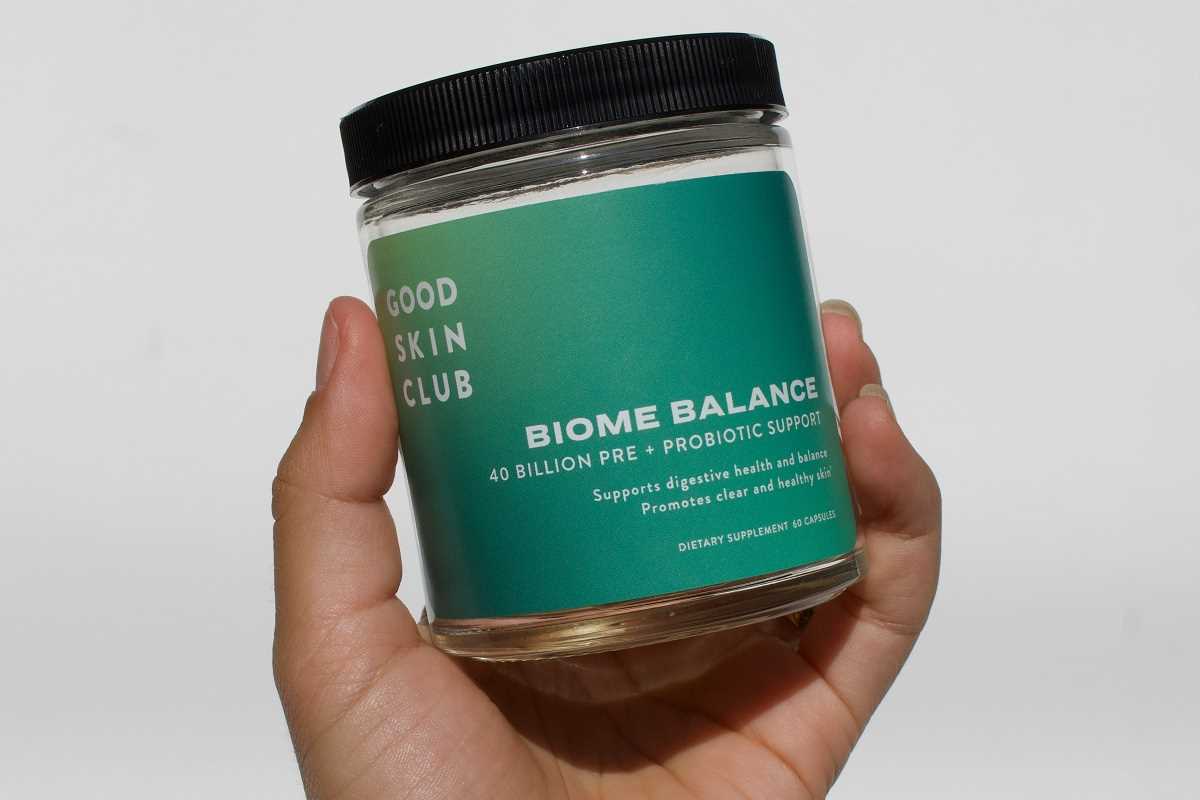In recent years, probiotics have gained significant attention for their potential health benefits, particularly in relation to gut health and immunity. These beneficial bacteria, found naturally in certain foods and available as supplements, play a crucial role in maintaining a balanced gut microbiome and supporting overall health.
Understanding Probiotics and Their Importance
Probiotics are live microorganisms, primarily bacteria, that offer health benefits when consumed in adequate amounts. They are often referred to as "good" or "friendly" bacteria because of their positive impact on gut health. The gut microbiome, a complex community of microorganisms residing in our digestive tracts, is essential for digestion, nutrient absorption, and immune function. Probiotics help maintain the balance of this microbiome, promoting a healthy digestive system and enhancing overall well-being.
The Connection Between Gut Health and Immunity
The gut is home to a significant portion of the body's immune system. A healthy gut microbiome acts as a barrier against harmful pathogens and plays a vital role in modulating immune responses. Probiotics contribute to gut health by enhancing the growth of beneficial bacteria, which in turn helps to outcompete and suppress the growth of harmful microorganisms. This balance is crucial for maintaining a robust immune system.
Probiotics and Enhanced Immune Function
Scientific studies have demonstrated the positive impact of probiotics on immune health. Research published in the journal Clinical Nutrition found that probiotics can reduce the incidence and duration of common colds and respiratory infections. Another study in Frontiers in Immunology highlighted how specific probiotic strains can enhance immune responses, reducing inflammation and improving the body's resistance to infections.
Sources of Probiotics
Probiotics can be obtained from a variety of sources, including:
- Fermented Foods: Foods like yogurt, kefir, sauerkraut, kimchi, and miso are rich in probiotics. These foods undergo a fermentation process that promotes the growth of beneficial bacteria.
- Probiotic Supplements: Available in various forms, including capsules, powders, and liquids, probiotic supplements provide a convenient way to increase probiotic intake. It's essential to choose supplements that contain well-researched strains and are stored appropriately to maintain their potency.
Incorporating Probiotics into Your Routine
To reap the benefits of probiotics, consider these practical tips:
- Include Fermented Foods: Incorporate a variety of fermented foods into your diet to enjoy a wide range of probiotic strains.
- Choose the Right Supplement: If opting for supplements, consult with a healthcare professional to select a product that suits your specific needs.
- Maintain a Balanced Diet: A diet rich in fiber supports probiotic growth, as fiber acts as a prebiotic, providing nourishment for beneficial bacteria.
- Consistency is Key: Regular consumption of probiotics is necessary to maintain their benefits, as they do not permanently colonize the gut.
Future Developments in Probiotic Research
The field of probiotic research is rapidly evolving, with new studies continuously exploring their potential health benefits. Future developments may focus on identifying specific strains that target particular health conditions, such as allergies, autoimmune diseases, and mental health disorders. Advances in genetic research could also lead to personalized probiotic therapies tailored to individual microbiome profiles, optimizing health outcomes.
Probiotics play a vital role in promoting gut health and enhancing immune function. By maintaining a balanced gut microbiome, these beneficial bacteria contribute to overall health and well-being. As research progresses, the potential applications of probiotics are likely to expand, offering exciting possibilities for improving health through natural means.
 (Image via
(Image via





